Mapping child-led initiatives
Promoting the role of children as agents of change:
Children are increasingly being considered partners by decision-makers:
Children are working with other children, creating collective actions and support systems:
|
Africa

Americas
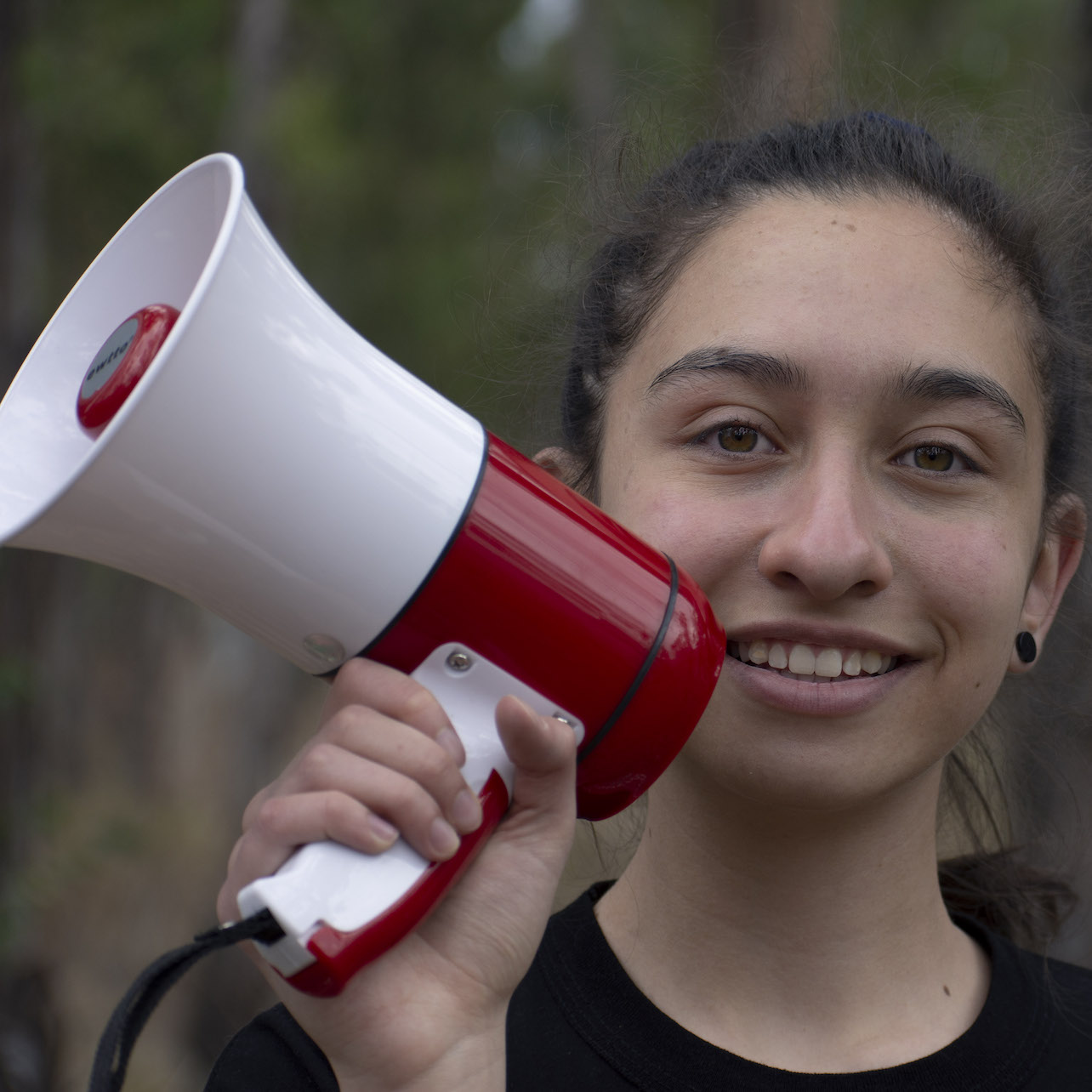
Asia and the Pacific
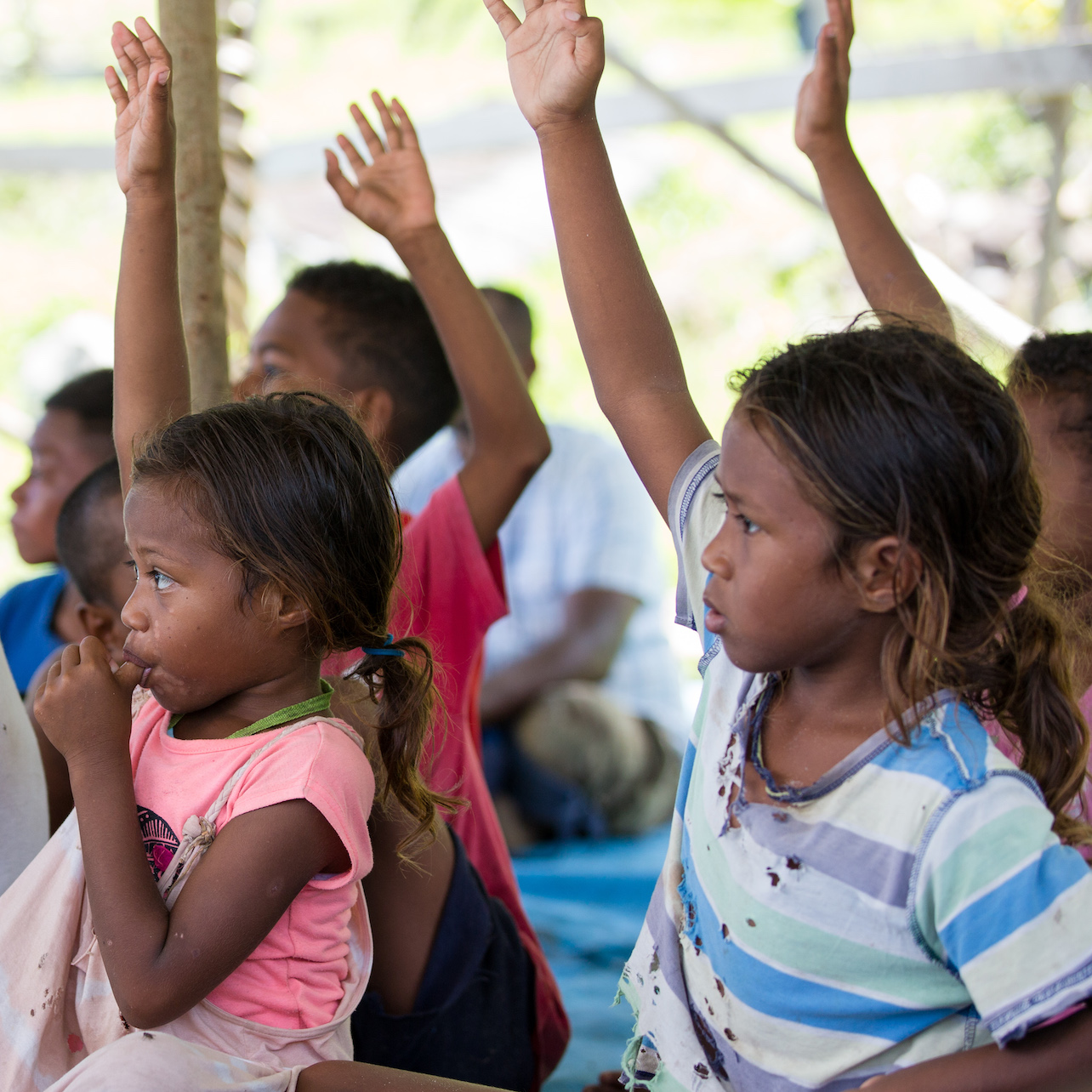
Europe

Middle East
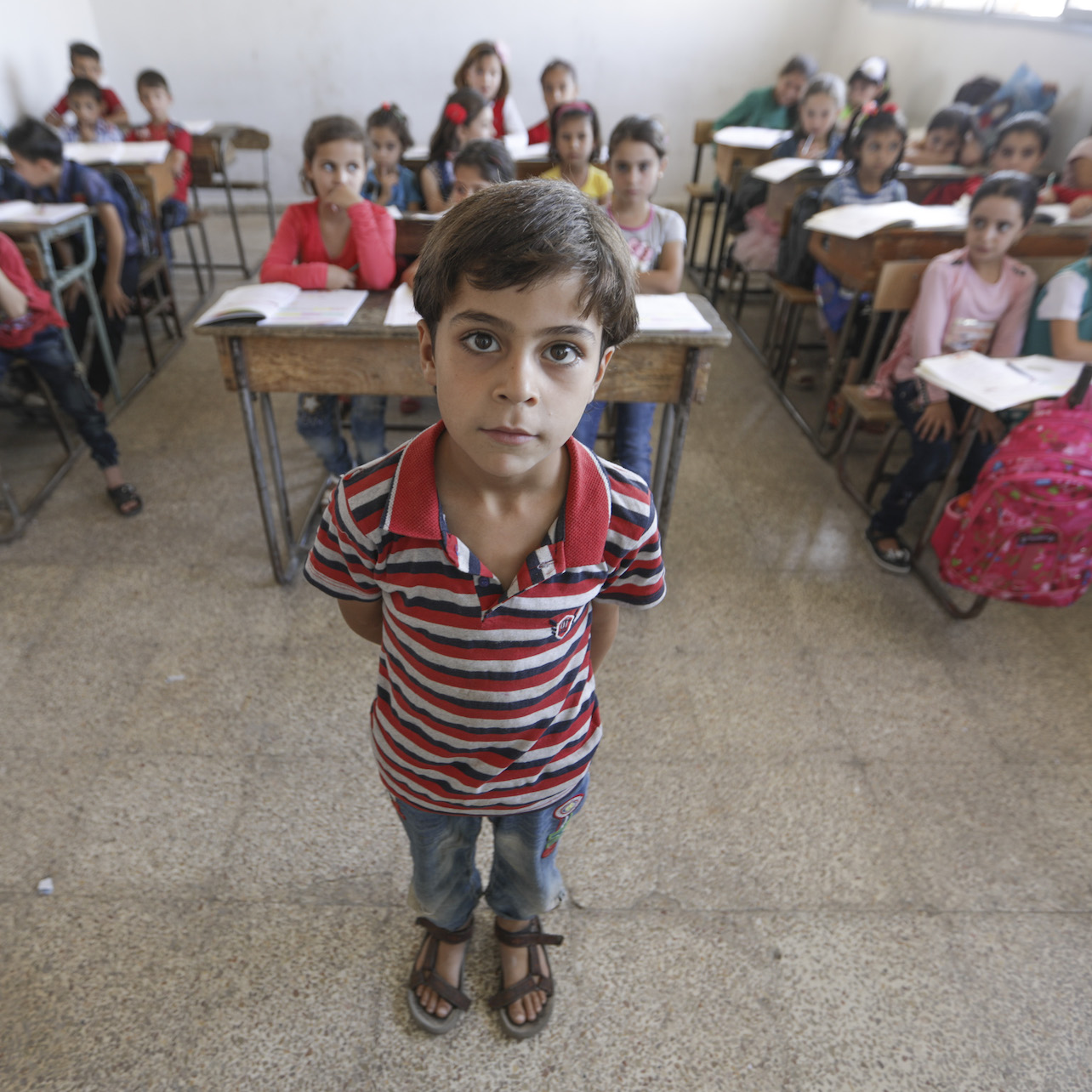
Global and Regional initiatives
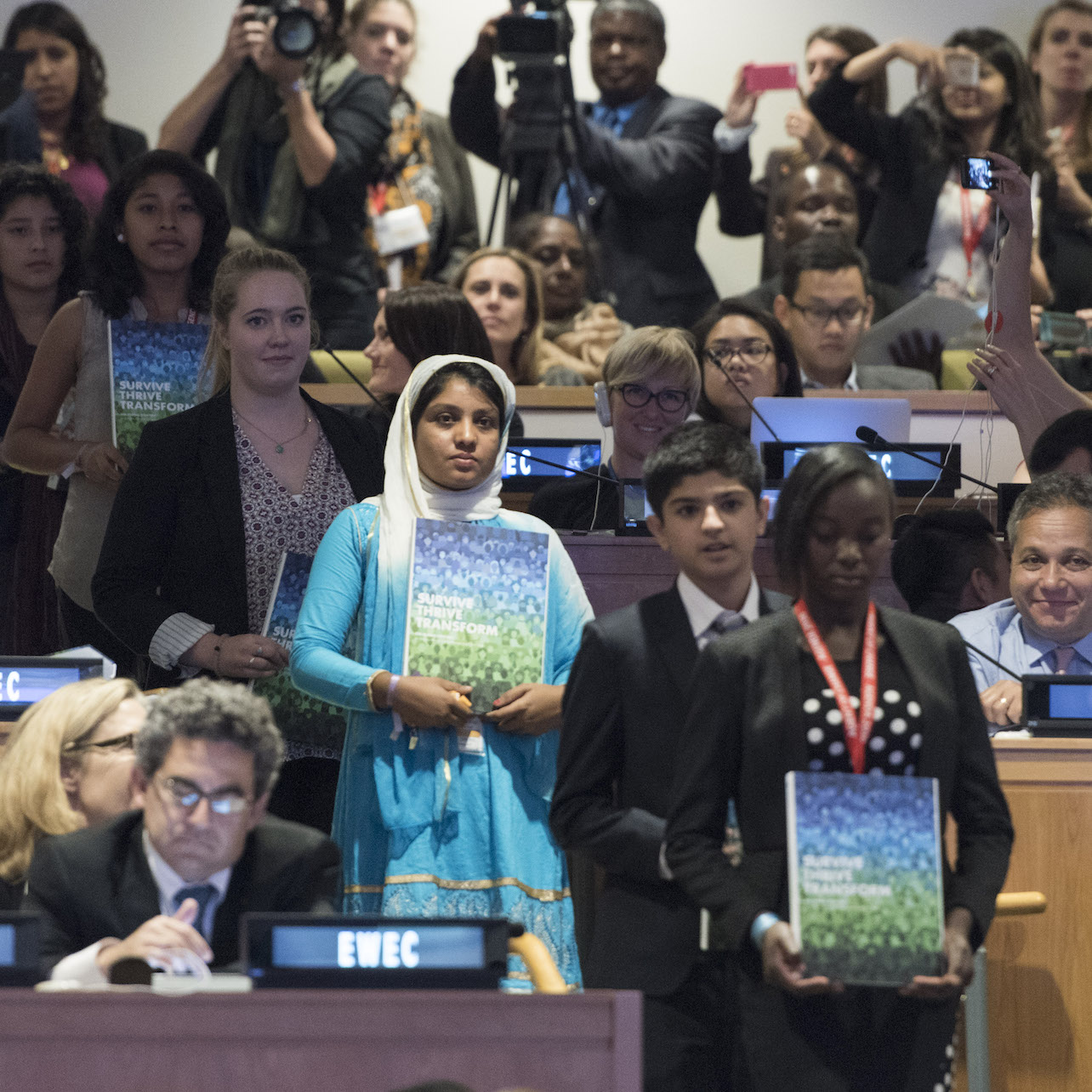


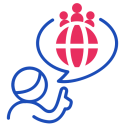 They’re taking action by becoming informed and involved in issues that affect them and informing decision makers.
They’re taking action by becoming informed and involved in issues that affect them and informing decision makers. Children are connecting with other children and are especially suited to reach those hardest to reach.
Children are connecting with other children and are especially suited to reach those hardest to reach.